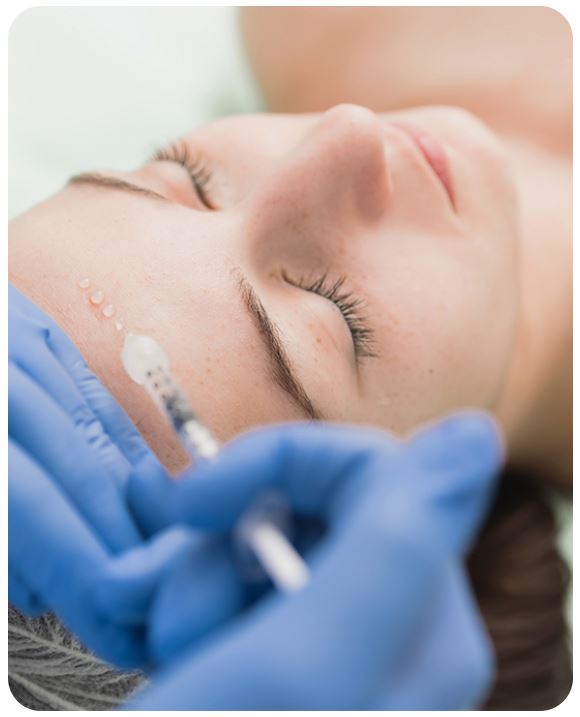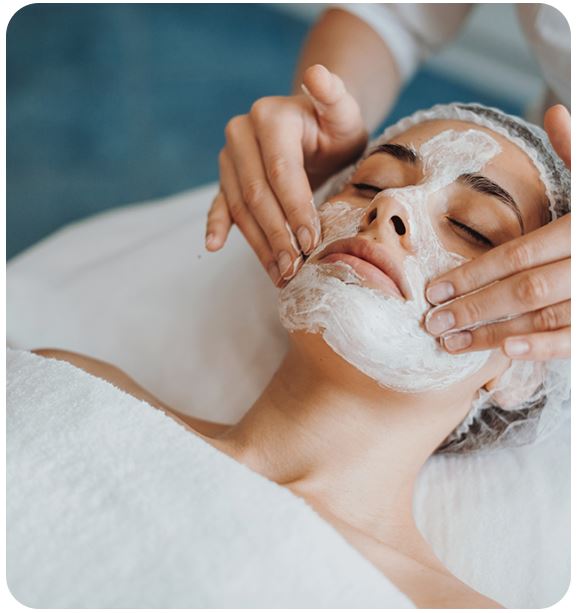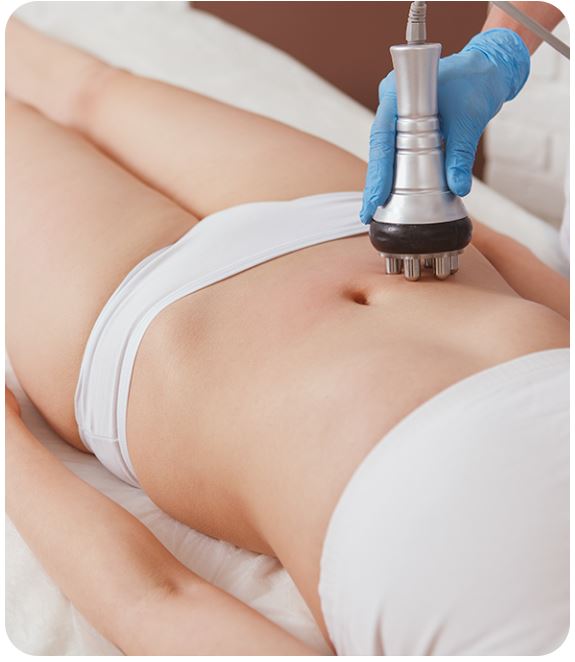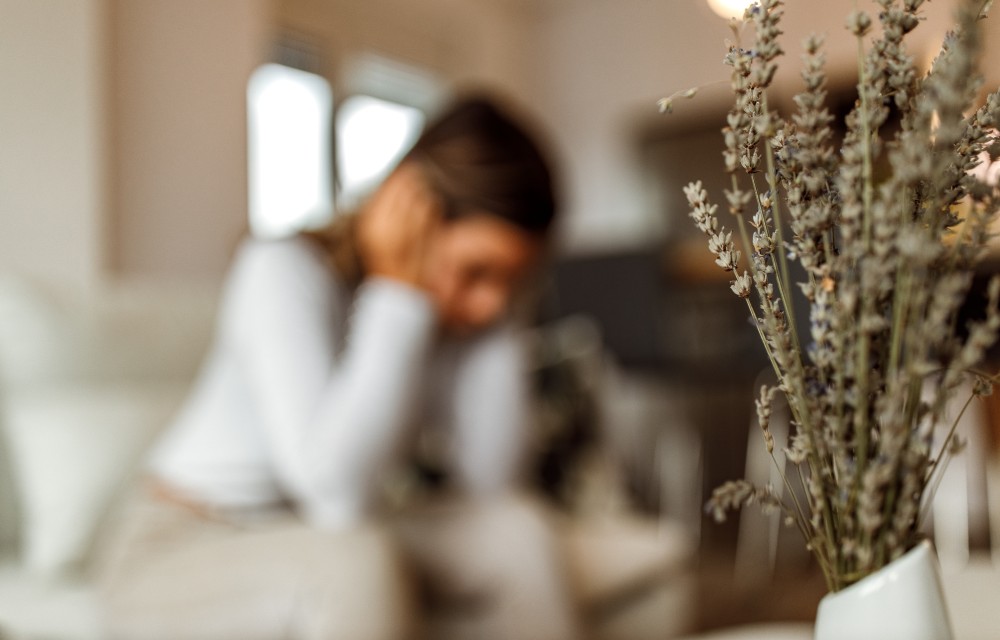Menopause is usually accompanied by a wide range of symptoms. Some of them, such as hot flushes, insomnia, or irritability, are commonly known, while others may come as a surprise to women. One of these lesser-known symptoms is itchy skin. A skin manifestation that, if not identified and treated as a symptom of menopause, can affect well-being and quality of life 1.
What causes itchy skin during menopause?
During menopause there is a significant decrease in progesterone and oestrogen levels . Oestrogen is a sex hormone that performs various functions in a woman’s body 2, including the skin: it is essential to maintain hydration, elasticity and thickness of the skin3. Therefore, dry, dehydrated and even rough skin is a common symptom of menopause for many women 4.
More specifically, this hormone contributes to the production of collagen and elastin, proteins responsible for binding and providing elasticity to tissues. Consequently, when oestrogen levels are reduced, collagen levels also decrease, leaving the skin drier, tighter, and prone to itching and irritation.
Likewise, the sebaceous glands, responsible for producing sebum, a substance that lubricates and protects the skin, tend to be less active during menopause, which contributes to a loss of hydration and barrier function, thus leading to the onset of itchy skin.
For all these reasons, the epidermis becomes more fragile, making it more susceptible to external environmental agents such as temperature, solar radiation and pollution, among others. Considering all these factors, it’s no wonder that menopause and itchy skin often go hand in hand for many women.
How can itchy skin be alleviated?
While it’s always a good idea to consult a dermatologist about any ailment to rule out underlying conditions, there are some steps we can take in our daily lives to relieve itchy skin caused by menopause, which we list below.
Tips
- When you shower, avoid hot water, as it dries out the skin. It is preferable to shower with lukewarm water and limit the time in the shower.
- To dry yourself, use a soft towel and pat yourself with it, without rubbing your skin.
- Use a body cream or lotion that contains moisturising and emollient agents such as glycerin, hyaluronic acid, urea, ceramides or shea butter. For better absorption, you can apply it while your skin is still damp or exfoliate beforehand with products containing alpha-hydroxy acids.
- Use gentle cleansers without fragrances or alcohol.
- Complete your skin care with serums and masks.
- Remember to always use sunscreen and avoid sudden temperature changes.
- It is also advisable to wear garments made of natural fabrics, such as cotton or silk, which are soft and breathable.
- Preferably, use cotton sheets to avoid nighttime itching.
- Skin health is also linked to diet. Drink plenty of water every day, avoid alcohol and sugar, and reduce caffeine intake. It is also recommended that you follow a balanced diet that includes foods rich in omega-3, such as oily fish, nuts, and seed oils, as they contribute to the skin’s sebum production. Don’t forget to get vitamins A, C, and E by eating foods such as citrus fruits, berries, and green leafy vegetables.
Professional treatments
At Dexeus Midlife, we offer medical-aesthetic treatments to relieve itchy skin caused by menopause.
Mesotherapy
This procedure corrects cosmetic imperfections through performing superficial microinjections in the dermis to deliver active ingredients such as vitamins, amino acids, peptides, coenzymes, trace elements and mineral salts.
Mesotherapy can be applied to the face, body or scalp, helping to increase skin hydration, elasticity and firmness. The results of this professional treatment are visible and long-lasting.
Professional topical treatments
Among the topical treatments available to improve hydration and help get rid of itching, there are cosmetic products in the form of creams or lotions with a high concentration of active ingredients.
These active ingredients can be applied through specific massages or professional techniques such as radiofrequency and microneedling. This is a perfect solution for people looking for non-surgical and minimally invasive treatment.
Radiofrequency
Radiofrequency is a very well-tolerated professional in-salon treatment that involves applying electromagnetic waves to heat the deep layers of the skin.
This creates a natural repair effect and activates microcirculation, which promotes the production of elastin and collagen, thereby relieving itchy skin caused by menopause.
The combination of menopause and itchy skin can affect your quality of life if you don’t know how to treat it. However, with a proper skincare routine and professional medical-aesthetic treatments, it is possible to significantly improve your skin, achieving a feeling of well-being and improving skin health.
References
1 https://medlineplus.gov/spanish/ency/article/000894.htm
2 https://pesquisa.bvsalud.org/portal/resource/pt/lil-269462
3 https://pesquisa.bvsalud.org/portal/resource/pt/lil-460611
4 https://www.dexeus.com/midlife/preocupacion/deshidratacion/







